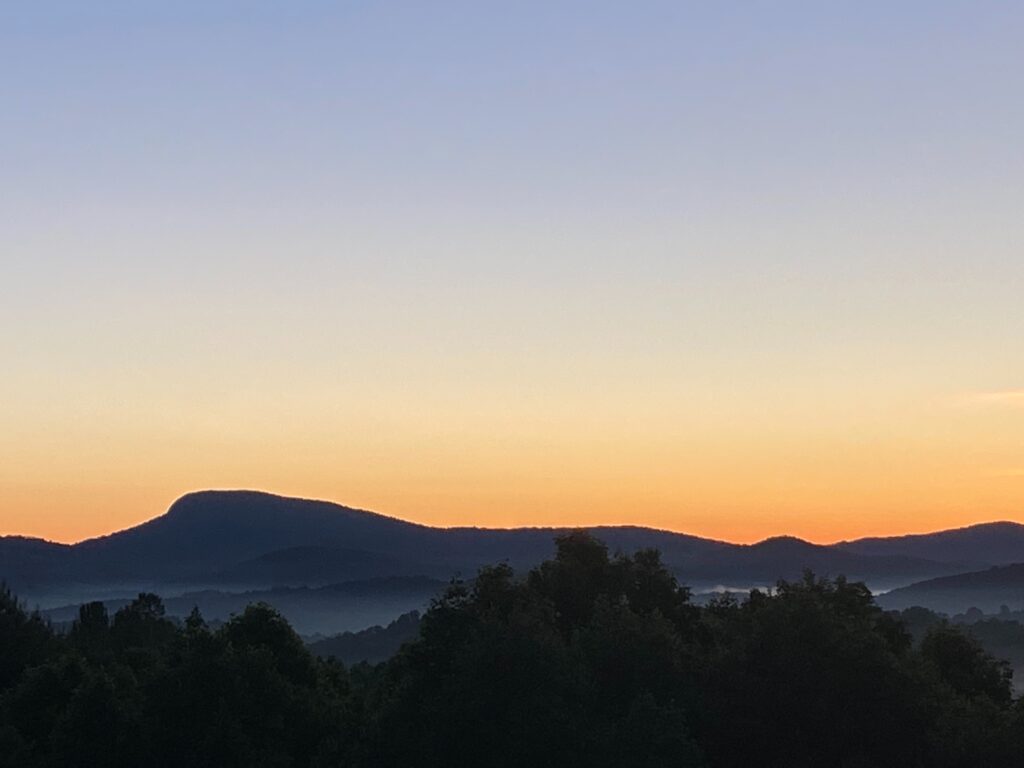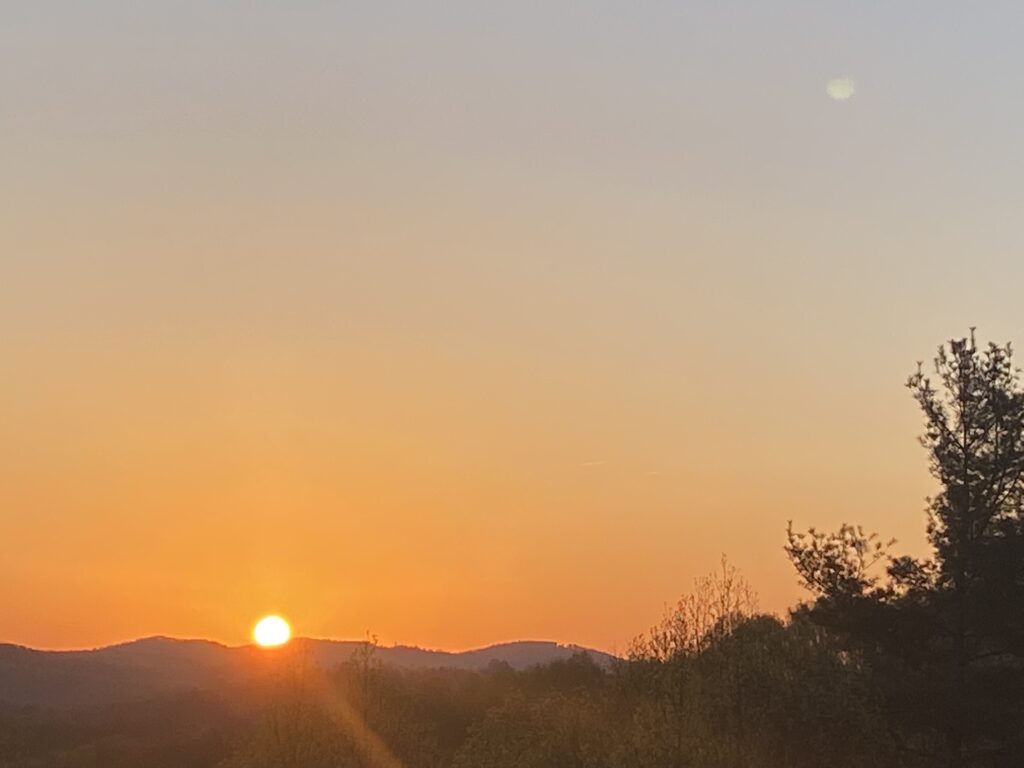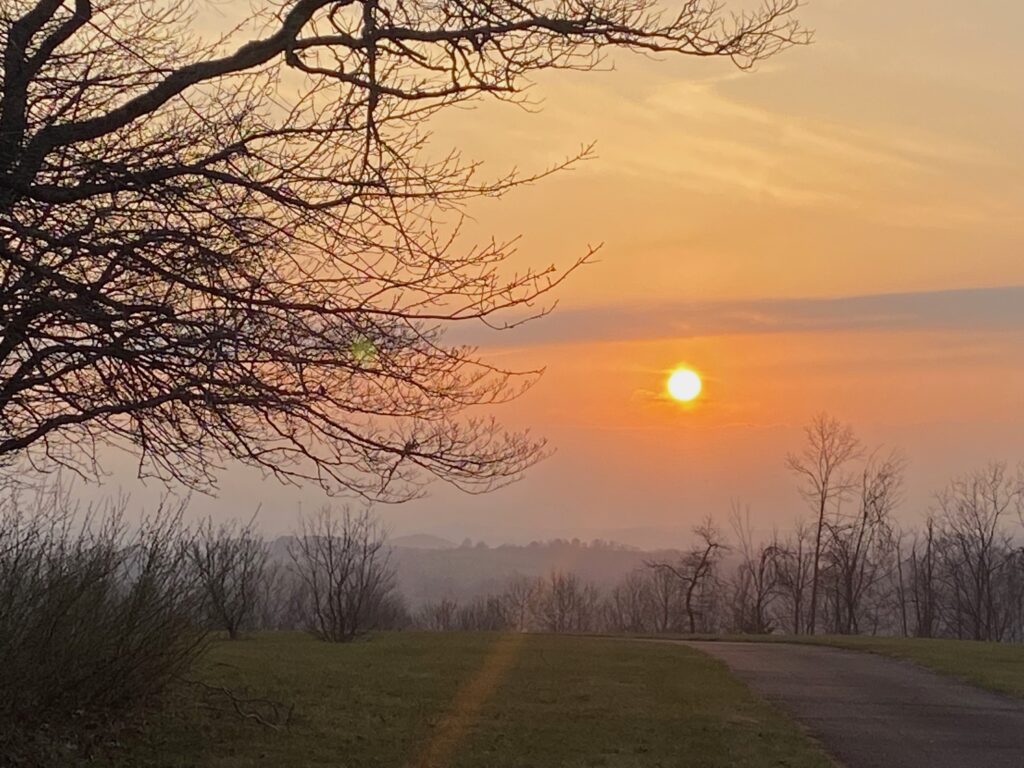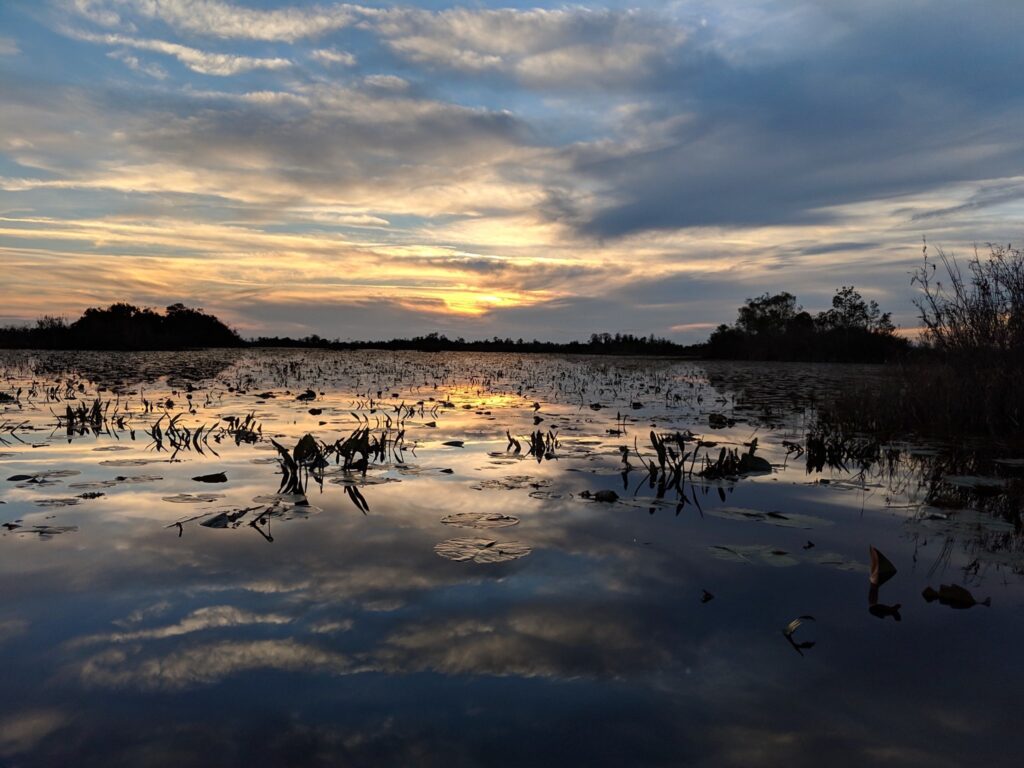Jeff Garrison
Mayberry and Bluemont Presbyterian Churches
Genesis 11:1-11
June 5, 2022
Thoughts at the beginning of worship:
Scripture teaches that our lives are grounded in God. Adam was a clump of clay until God breathe life into his lungs. Likewise, for the church, as an organization, would’ve been long dead had not God breathe the Spirit into the disciples on Pentecost. God keeps breathing the Spirit into the church. Today, I want you to understand that our hope is not in our efforts. We find hope in God who wants to partner with us in carrying out his mission in the world. That’s the message of Pentecost.
Before the reading of Scripture:
Worship in an Indonesian Pentecostal Church
I attended a 6 AM worship service when I was in Jakarta, Indonesia in 2011. Between Easter and Pentecost, this congregation hosted daily predawn worship services, praying that when Pentecost arrived there would be an outpouring of the Holy Spirit. Housed in a high-rise building, the congregation leases two floors. I thought this was unique until I learned the high-rise also housed two other churches as well as a mosque.
We met in the children’s worship room, where we sat around on the floor while a small praise team led us in songs. The music began contemplative, soft, and reflective, but gradually became more energetic. They sang songs in a variety of languages including English and Dutch. That’s not unusual as Indonesia has more languages than any other country in the world. Interspersed with the music were passages of scripture. Of course, I couldn’t understand the readings, but Petra, the pastor who had invited me, whispered to me the passage so I could find the reading and follow along.
Blended prayer
After about forty-five minutes of singing and scripture, they began to pray. Everyone, at once, prayed aloud. But this didn’t result in the chaos that you might think as the voices blended to create a unique and beautiful sound. A couple of people moved forward as Petra and the other leaders of the church gathered around them, laying their hands on the shoulders as they prayed. One of the women became excited and suddenly fell backwards, only to be caught and gently lowered to the floor. After about fifteen minutes of praying in all kinds of tongues, Pastor Petra pronounced a benediction. We moved to another room where we enjoyed Javanese coffee and nasi timbel (sweet rice wrapped in banana leaves).
Worship focuses on God
When we worship, God is our audience. We gather and we offer our hearts up to God and when we do so, we believe it pleases to the Almighty. If we think about worship in this manner, the experience of hearing all the various voices of prayer mingled together must be very pleasing to God. For you see, we’re designed and created in a unique manner by a God who delights in diversity yet draws us together in unity in Jesus Christ.
Pentecost and Babel
We heard earlier the passage from Acts, the story of the church’s birth. The coming together in Acts is often contrasted with the dispersing of humanity at Babel. Today, I want us to look at this passage from Genesis. It occurs at the end of what is known as the “prehistory” in Genesis.
Genesis’ Prehistory
It’s hard to take this “prehistory” literally as there are contradictions within the text.[1] But the importance is in the stories, for they provide a foundational meaning to how we are to live with God. After the flood, it appears everyone stuck together and there is a general failure to populate the world, as everyone works together to “build a name for themselves.” After Babel, people go their separate ways. In the next chapter, we see God reaching out to Abram. And what is God’s promise to Abram? God will bless him and make his name great![2] We have a great name, not because of what we do, but because of whose we are.
A Retelling of the Babel Story
God blessed them, and God said to them: ‘Be fruitful and multiply, and fill the earth.’ Genesis 1:28
Instead, the people of the earth joined together and in a singular band traveling across the face of the earth until they found a land of promise. There they settled. It was a rich valley. As there were no stones, they made bricks with which they constructed a city that included a tower reaching high into the heavens. From what we know, this was the ultimate family reunion. Everyone was together, happy and secure.
God’s visit
One day God came down to earth to visit. The Almighty investigated the first corner of the world and saw no one. So, God looked around the second corner and again saw no one, and neither did God find anybody in the third. This bothered the Creator. Something was wrong. Hadn’t he instructed the people to fill the earth? As God heads to the fourth corner of the world, he hears celebration. A party! God wonders why he wasn’t invited.
There, in the middle of the city, a huge tower reaches into the sky. So big and high, the people are proud. But to the Creator, it’s not remarkable. In God’s eyes, it’s small, so small the Almighty must come closer to see it.
God acts
God isn’t threatened by the tower but knows something must be done. Humans, it seems, are too big for their britches… No telling what these people might do next. So, God mixes up the languages. Soon the architects can’t communicate with the construction engineers. The bricklayers and the plumbers and the drywallers speak different tongues.
Confusion reigns and people began to leave the city. They form new cities where everyone speaks the same language. “Now,” the Creator thinks, “people will learn to depend on me for their security and they will no longer need the protection provided by brick walls which erode away.”[3]
Is the story about a tower?
I retold the story of the Tower of Babel to clear up several hazy points. First, the tower plays a minor role in the story. But we must admit, there is something about towers that intrigue us. As a child, I loved building towers and continued that love as an adult with my own children. The best restaurants are often at the top of towering buildings. Cities like New York, Chicago, Tokyo, and Shanghai boast of their skyline. There’s something about towers. God never says they’re sinful.
Or is the story about a city?
The story mostly focuses on the city.[4] We have this image of the people building a tower into the heavens so that they can storm heaven, but that vision comes from the active imagination fueled by Jack and the Beanstalk and renaissance artists. The text never gives us the idea an invasion of heaven is imminent or even contemplated. Instead, the tower serves as the unifying symbol for the residents. “We can do this,” they say to one another as they pat themselves on the back.
The humor in the story
If we pause to consider this story for a minute, you’ll see the humor. Imagine ancient people telling the story around the campfire. It brought smiles to their faces, but also taught an important lesson. The God of the Universe must come down from heaven to check on what we’re doing. This giant tower isn’t large enough to be seen from Outer Space! Of course, this doesn’t mean that God doesn’t know what’s happening on earth when he’s in heaven; instead, it is a statement of human inability.
Sin in the story
Furthermore, the sin in the story isn’t the tower nor the city. The tower and the city are symbols of the people’s sin, as they think their accomplishment speaks well of their abilities. They are proud people who have failed to heed God’s command to fill the earth and have decided they can depend on each other for their needs. There is no need for God. The people in this city never mention God, from what we’re told. They’re going merrily on their way as if they are in control of their own destiny, which in the mind of God is arrogance.
The division of people into various language groups isn’t just punishment. Instead, the people avoid the potential of a future calamity as God sees to it that the mandate set forth in Genesis is fulfilled.[5]God desires the world to be filled with different people. Diversity is celebrated within God’s kingdom. Unity doesn’t come from human effort but from a common need of all people to look to the Almighty for their security and to worship God for their blessings.
Jesus Christ, the source of our unity
Unity comes in Jesus Christ who prayed on the night of his betrayal for his disciples’ unity.[6] In the coming of the Spirit on Pentecost, God brings believers into a church that may be split by language, nationality, style, and customs. However, we find unity because we worship the same Lord.
Language at Pentecost and Babel
We should note a fine difference in the use of language between our stories. In Genesis, the emphasis is on what people can do by communicating together with each other. Such ability enables them to do things on their own without having to depend on God. In Acts, the emphasis isn’t on speaking in tongues (any more than the Genesis story is on the building of a tower), but on people hearing the gospel in their own unique language. These two passages, the scattering of people through language and the bringing together of people on Pentecost, go together. They show our God’s desire for a unity focused on Jesus Christ, not on our own wishes and desires.
God uses the church to tell the story
On Pentecost, we celebrate the birth of the church, an institution that’s not perfect because God has entrusted it into our hands. Nonetheless, the church is the vehicle God chose to tell the story of his Son to a lost world. We’re a world, as that old song from the 60s goes, “on the eve of destruction.”[7]
Meaning of Babel
Babel fell into ruin as the people dispersed, but that doesn’t mean that God is against cities or human achievements. The collective ability of humanity is vast as we see in this story. However, we must never forget our limitations and the fact that we need to depend upon the Lord in all things. The word “Babel” means the “gates of God.”[8] We later drew from this word babbling. (What some of you may think I’m doing).
However, far from being a gate of God, in this ancient city from what we know from the text, God wasn’t being considered. This led to their downfall, and it should serve as a reminder to us.
Conclusion
Giving ourselves the right name isn’t enough; what’s important is how we relate to God. Are we trying to glorify ourselves, or do we live to glorify God?
Another way to ask this question has to do with our motives. Are we trying to build a name for ourselves or are we content with the name God has given us? Do we give God the glory for our accomplishments, or do we claim them as our own? These questions need to be continuously asked for temptation always suggest we replace God with something else. That’s sinful. That’s idolatry. Amen.
[1] In Chapter 11, all people live together but in Chapter 10, we learn of Noah’s children going their separate way and starting cities.
[2] Genesis 11:4 and 12:2. See Donald E. Gowan, Genesis 1-11: From Eden to Babel (Grand Rapids: Eerdmans, 1988), 118.
[3] For the foundation of this story, see Gowan, 115-120 and Walter Bruggemann, Genesis: Interpretations, a Bible Commentary for Teaching and Preaching (Atlanta: John Knox Press, 1982), 97-104..
[4] Gowan, 115.
[5] See Bruggemann, 99-101
[6] John 17
[7] “Eve of Destruction” sung by Barry McGuire, 1965.
[8] Gerhard Von Rad, Genesis: The Old Testament Library (Philadelphia: Westminster Press,1972), 150.










